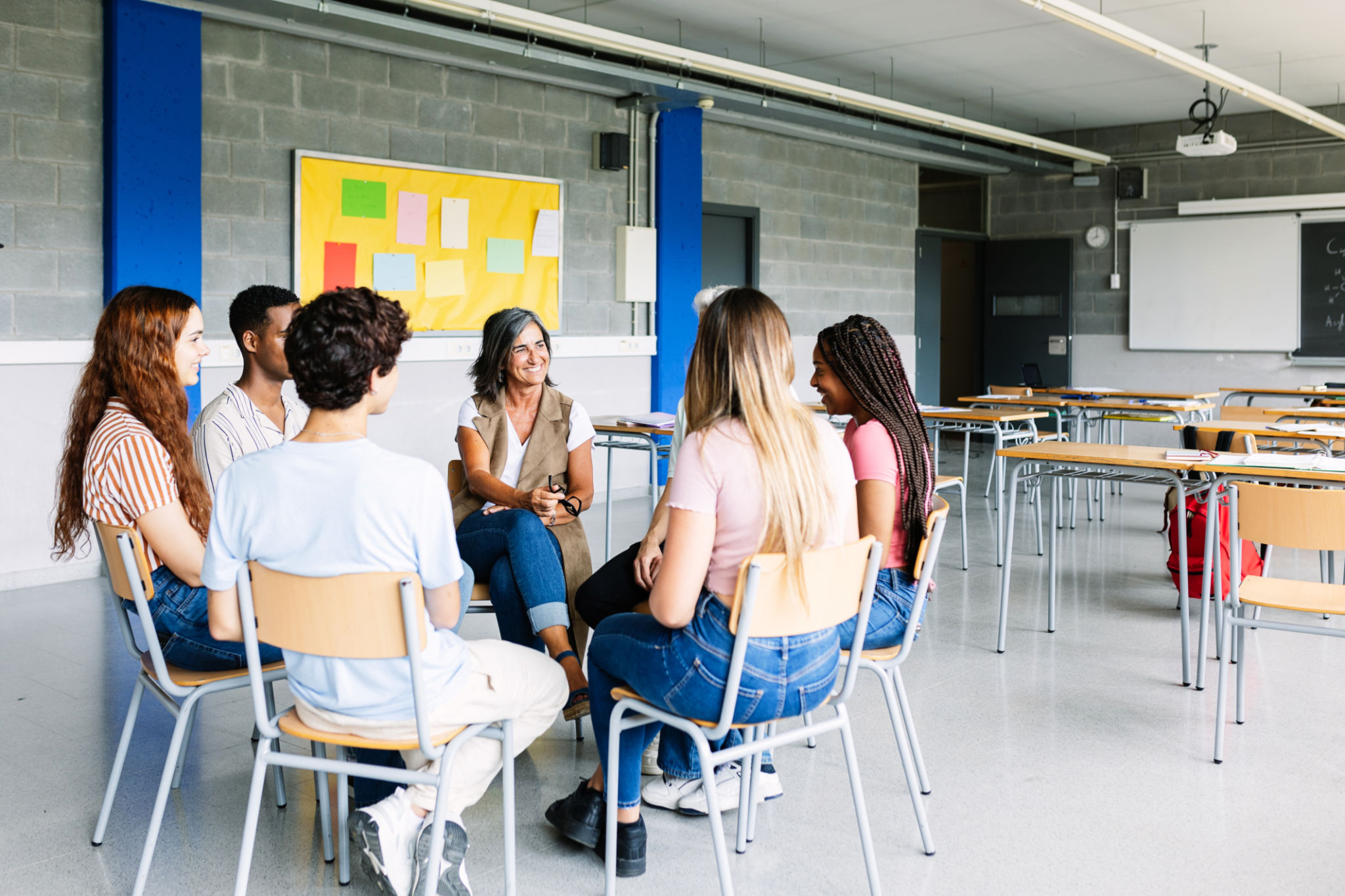The Importance of Educational Nonprofits in Uganda: Addressing Common Misconceptions
KC
The Role of Educational Nonprofits in Uganda
Educational nonprofits play a crucial role in bridging the educational gap in Uganda. These organizations operate on the premise that every child deserves the right to quality education, regardless of their socioeconomic background. By providing access to resources, training, and support, educational nonprofits empower communities and foster growth.
These organizations often focus on areas where the government may not have sufficient resources or reach. They implement programs that address educational challenges, such as inadequate infrastructure, lack of trained teachers, and insufficient learning materials. By doing so, they contribute significantly to the national education system.

Addressing Common Misconceptions
Nonprofits Are Not Just About Charity
One common misconception about educational nonprofits is that they merely provide charity. While it's true that they often offer financial assistance, their primary goal is to create sustainable change. They focus on building capacity within communities by training teachers, establishing libraries, and developing curriculum materials that are culturally relevant and effective.
Educational nonprofits also encourage community involvement and ownership of educational projects. This approach ensures that the benefits are long-lasting and that communities can continue to thrive independently once the nonprofit's direct involvement ends.
Impact Goes Beyond Immediate Results
Another false belief is that the impact of educational nonprofits is limited to short-term results. In reality, these organizations aim to create a significant, long-term impact on society. By educating children today, they are investing in the leaders of tomorrow. An educated population can lead to improved economic conditions, better health outcomes, and reduced poverty rates.

The Importance of Collaboration
Partnering with Local Communities
For educational nonprofits to be effective, collaboration with local communities is essential. These organizations work closely with community leaders, parents, and local governments to identify needs and develop tailored solutions. This collaboration ensures that programs are relevant and effectively address the unique challenges faced by each community.
Working with Global Partners
Additionally, educational nonprofits often partner with international organizations and donors. These partnerships enable the sharing of resources, expertise, and technology, further enhancing the quality of education provided. By working together, they can leverage global support to address local challenges effectively.

The Future of Education in Uganda
The future of education in Uganda looks promising, thanks in part to the efforts of educational nonprofits. As these organizations continue to innovate and adapt to changing needs, they play a pivotal role in shaping a more equitable education system.
By addressing misconceptions and highlighting the true impact of their work, educational nonprofits can garner more support and collaboration from individuals and organizations worldwide. This support will be vital in ensuring that every child in Uganda has access to the education they deserve.
